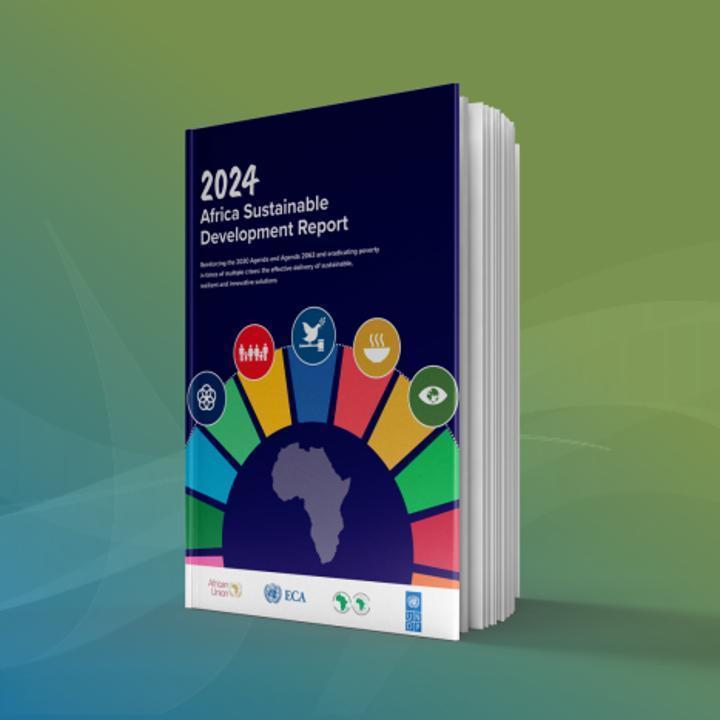Africa-Press – Eritrea. A new joint report by the United Nations Development Programme (UNDP), the United Nations Economic Commission for Africa (UNECA), the African Development Bank (AfDB), and the African Union Commission (AUC) has found that Africa is off track to meet the majority of its sustainable development targets for 2030.
The 2024 Africa Sustainable Development Report (ASDR), titled “Reinforcing the 2030 Agenda and Agenda 2063 and Eradicating Poverty in Times of Multiple Crises: The Effective Delivery of Sustainable, Resilient and Innovative Solutions,” was presented at an event on the margins of the UN High-Level Political Forum for Sustainable Development in New York.
The report’s key findings highlight the critical importance of scaled-up development financing to help African countries get back on track and accelerate progress towards the Sustainable Development Goals (SDGs) and the African Union’s Agenda 2063.
“Advanced economies have rebounded from COVID-19, but many countries in Africa struggle with high debt, double-digit inflation, and limited access to crucial development and climate funding,” said Claver Gatete, UNECA Executive Secretary.
Disparities in the Human Development Index are widening between top-ranking nations and those at the bottom, highlighting significant challenges across Africa despite some progress in recent decades, he added.
The research shows that Africa is on track to reach only less than three of the 32 SDG targets assessed in the report, while setbacks have been recorded for 8 targets, and slow progress or status quo registered for the remaining targets.
Matthias Naab, UNDP Africa Deputy Regional Director stressed the urgency of the situation, stating: “African countries have made some significant progress in important areas, but we are running out of time. It is imperative we reinforce partnerships and look at innovative solutions to stop the current deceleration – and even reversal in some areas – and work more closely with African countries and people to get back on track towards our Global Goals and the Africa We Want.”
The report highlighted several key areas of concern, including Official Development Assistance (ODA) to Africa increased by only 2percent in 2023, with the total ODA remaining well below the 0.7percent of donors’ combined Gross National Income target.
According to the report, Africa needs between 118.2 billion USD and 145.5 billion USD per year to implement its climate action commitments and Nationally Determined Contributions, but only 29.5 billion USD has been mobilized so far.
Poverty reduction efforts have been set back by crises like COVID-19, with Africa now accounting for more than half (54.8percent) of people living in poverty worldwide, as stated by the report.
Progress on combating hunger and undernourishment remains a major challenge, with the number of hungry people in Africa rising to 281.6 million in 2022.
The ASDR called for urgent action to address these financing gaps, including strengthening partnerships, leveraging innovative financing solutions, and enhancing domestic resource mobilization through reforms such as digitizing tax administration and implementing progressive taxation.
Financing remains a challenge for Africa,said Al Hamndou Dorsouma, Manager of the AfDB Climate Change and Green Growth Division.
“This requires the development partners to scale up their support, including by strengthening the system of public development banks focusing on enhancing productive capacities, infrastructure, and human capital development, and for African countries to prioritize domestic resource mobilization.”
The report also highlighted the critical need to improve data collection and monitoring capacities across the continent to better track progress and inform policymaking.
“This new report underscores African countries’ commitment and progress, but it also highlights the challenges that remain for us to shape up ‘The Africa We Want’,” said Monique Nsanzabaganwa, Deputy Chairperson of the African Union.
It stresses the urgent need to accelerate sustainable development actions and the imperative for African countries to step up their efforts and empower communities for a more inclusive growth.
For More News And Analysis About Eritrea Follow Africa-Press







